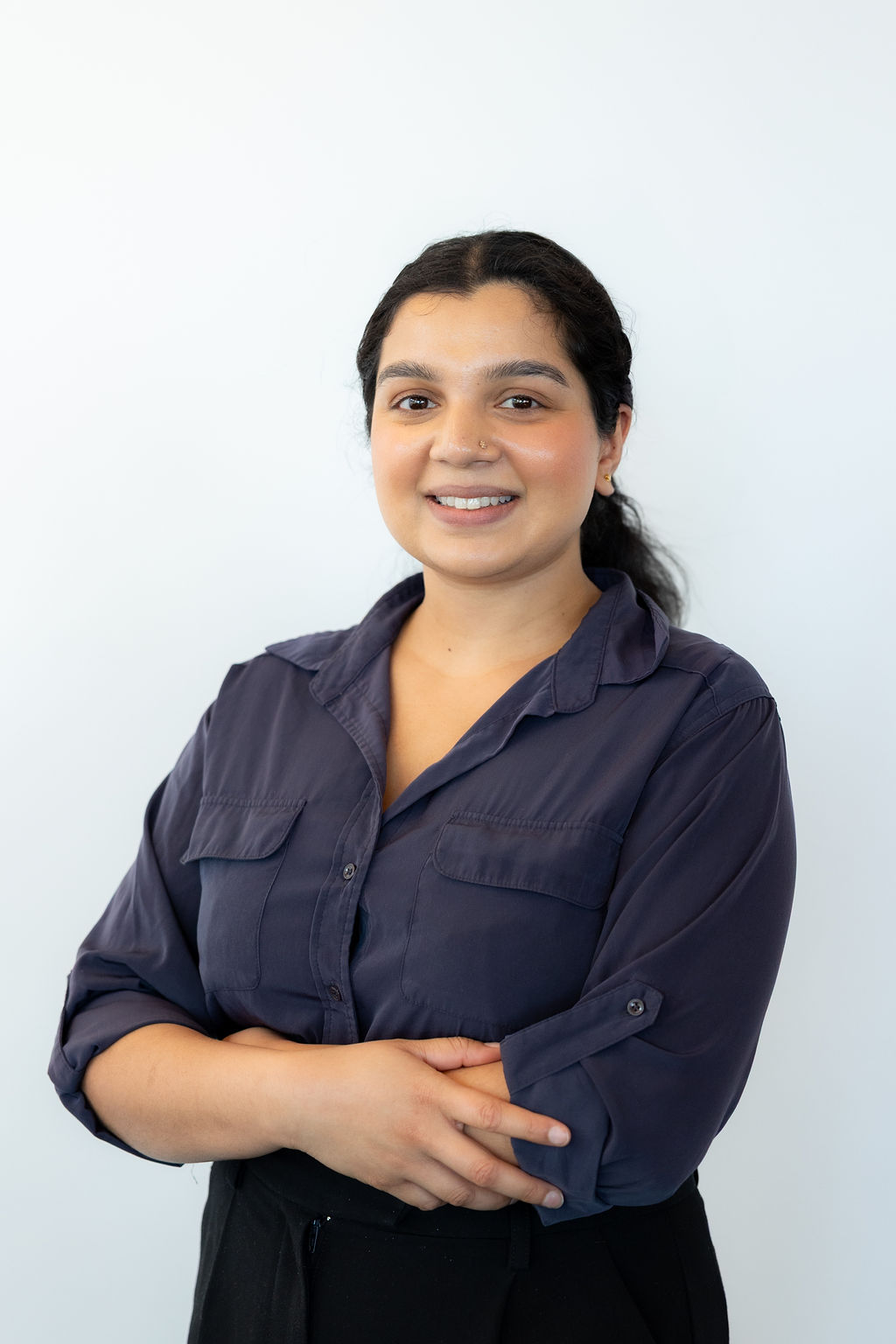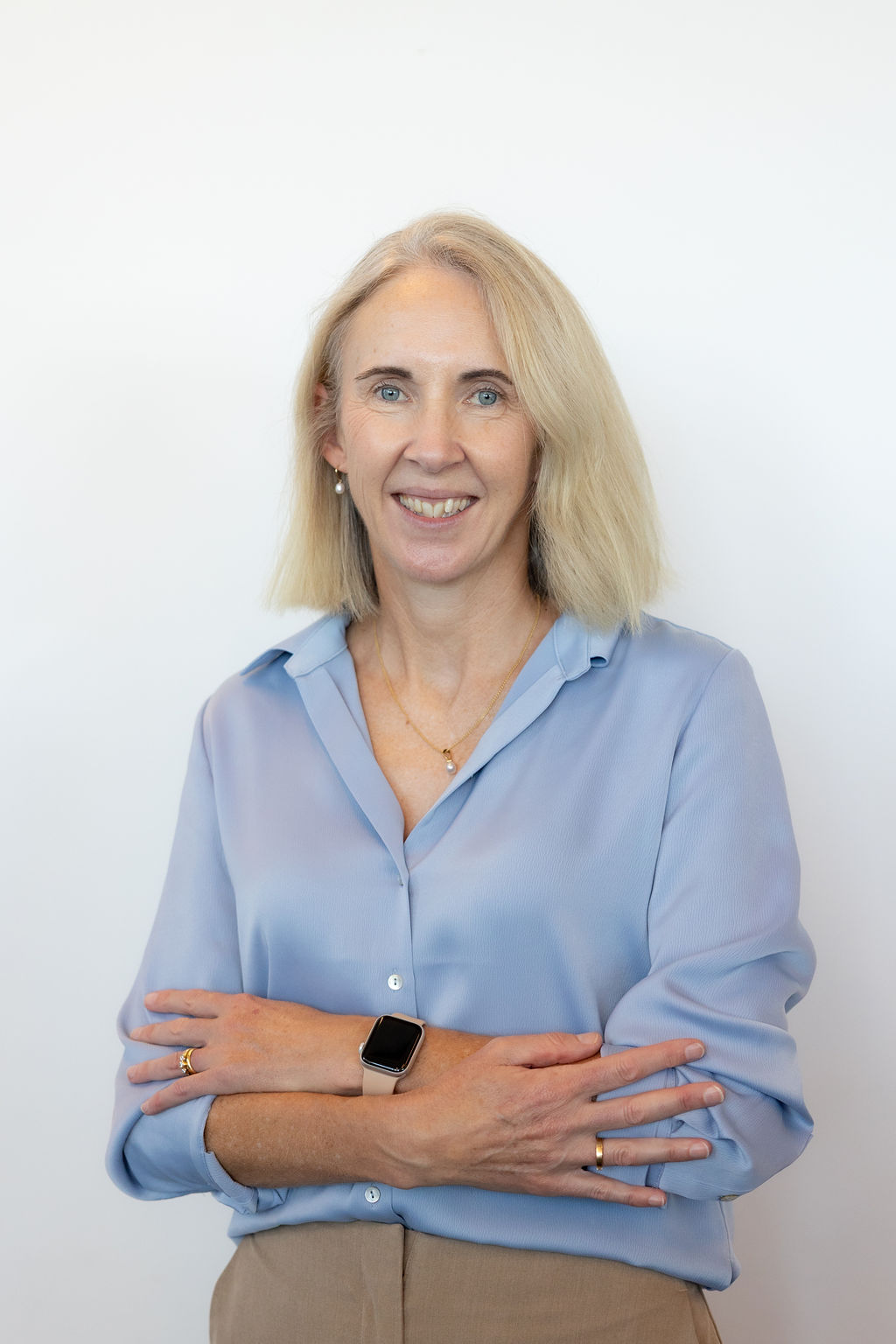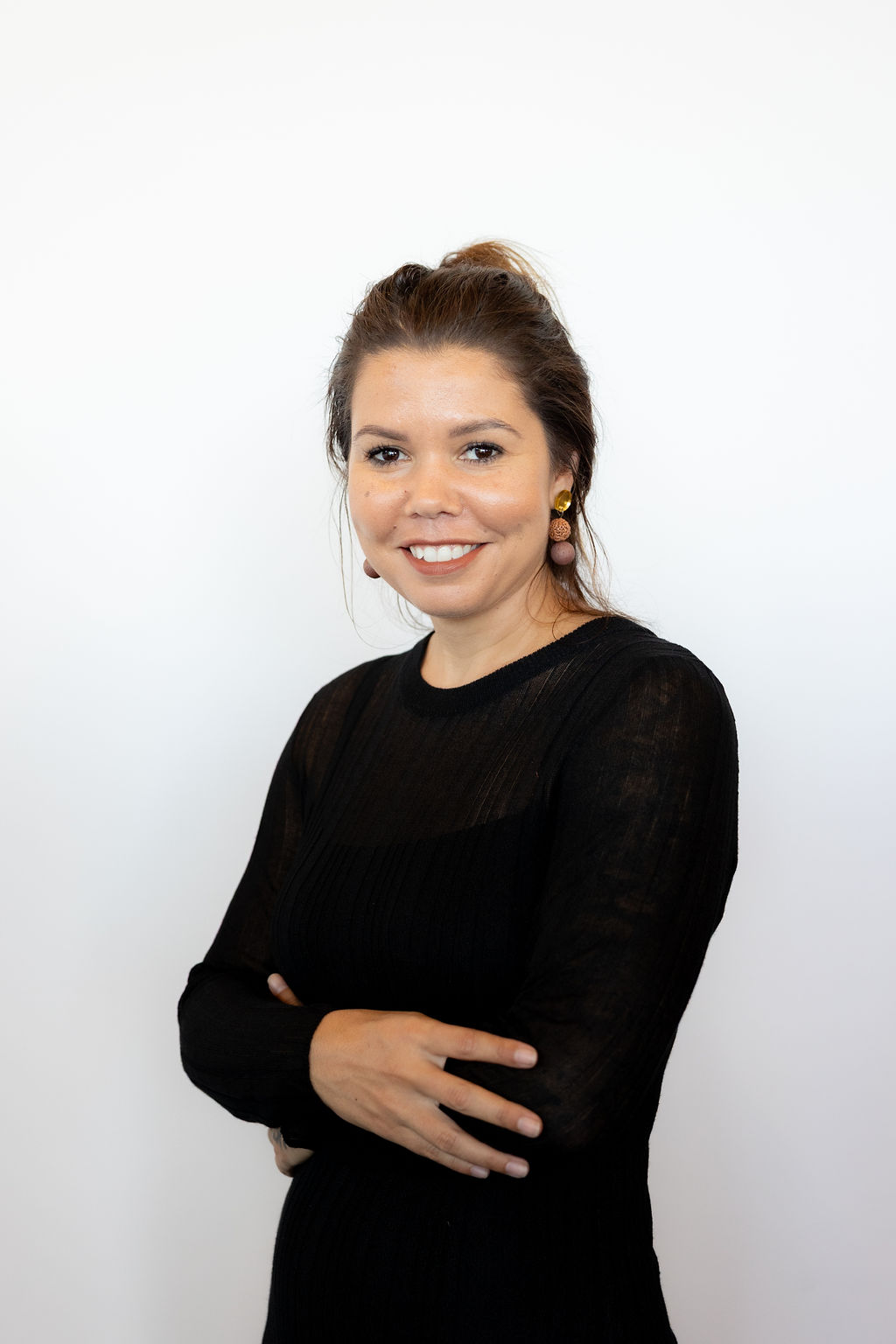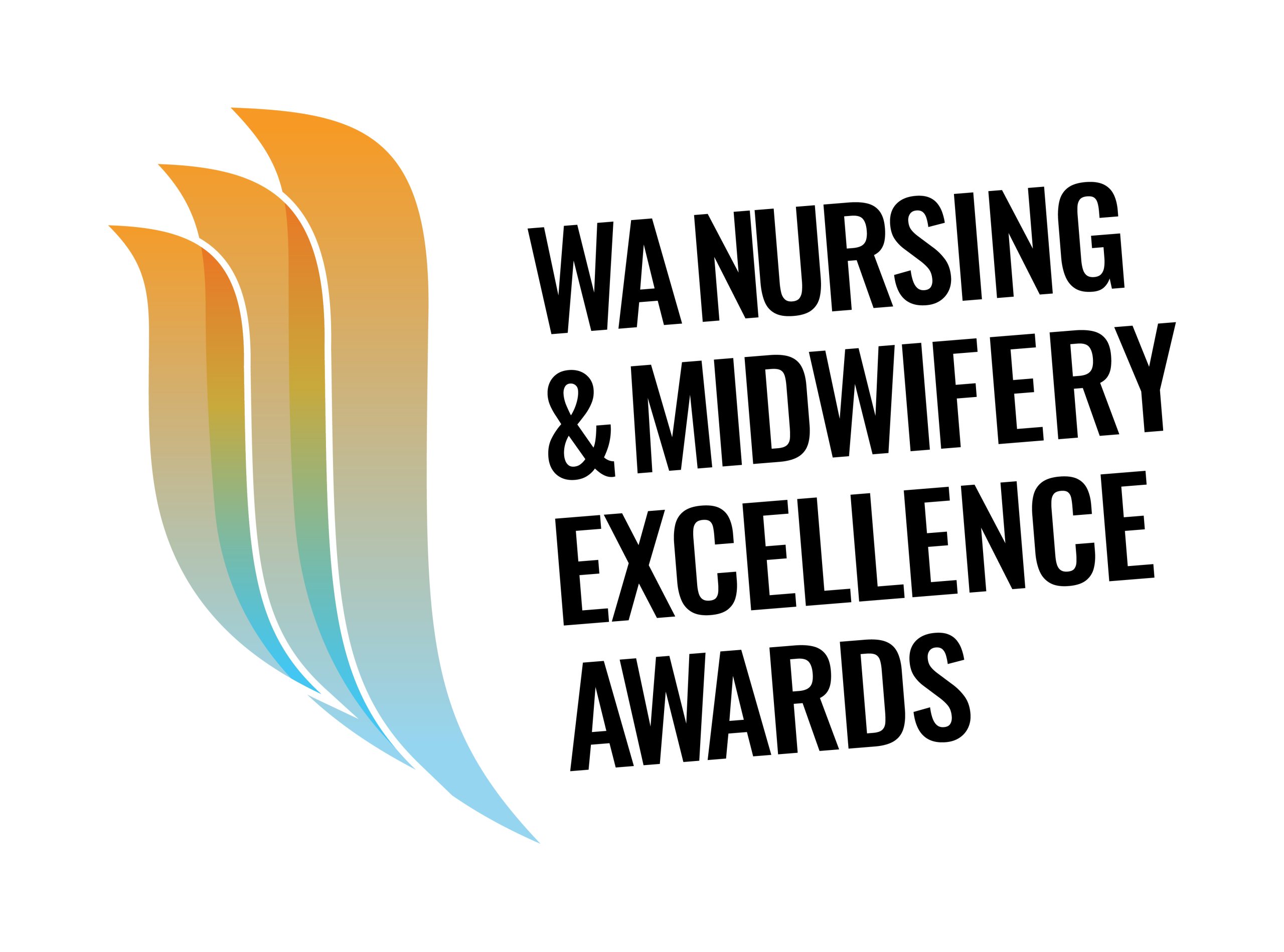2025 Excellence in Aboriginal Health
Maria Xavier
Maria is a hugely valued member of the Immunisation Service at Perth Children’s Hospital; in the 18 months she has been with the team she has made a significant impact. Maria holds extensive knowledge of immunisation and a strong commitment to working with her colleagues to ensure that her specialty knowledge is shared with the team. Maria was the first nurse to work in this newly established position, as a Clinical Nurse, specifically targeting Aboriginal families, educating those families and children who attend the hospital to increase their knowledge of immunisation and supporting those families to have the appropriate vaccinations. Maria has excelled in this role and is the has been pivotal to the role’s success since its implementation. Maria is a professional and collaborative team player; she is committed to effectively mentoring and supporting new staff, always being willing to share her expertise related to the complexity of vaccination in Aboriginal children. Her role is one that is agile and flexible to the needs of the family and child and siblings. She suits them and does her work on the patients’ terms. This requires outstanding skills of patience and empathy. She has these without a doubt. Maria’s approach to facilitating immunisations for aboriginal families is humble and calm.
Maria’s success in this role has been largely due to her positive and gentle approach to educating families in decision-making around immunisation, resulting in increased numbers of vaccinations. Maria is committed to the equitable and compassionate care of Aboriginal children and families, with an awareness and understanding that the health service may be a stressful environment for some families.
The introduction of this position has increased the Aboriginal attendance at the Immunisation Clinic. Before commencement of this position: Aboriginal families made up on average 5% of all Immunisation centre attendances per month over 6-months. After commencement of the position, attendance by Aboriginal families increased to an average of 26% per month over 6-months. The impact of this is immeasurable and extends far beyond the immunised child. Maria also ensures siblings and parents are immunised if they are overdue, reducing the need for further appointments for families.
Maria has demonstrated a strong commitment to her nursing career; she is a keen learner and seeks out educational opportunities for her position, ensuring she remains up to date with all other relevant education. She is a strong advocate for nursing, especially around immunisation, disease prevention and minority groups. Maria takes every opportunity to voice her support for immunisation and its benefits. Maria demonstrates strong cultural competency and respect, essential to this role. Mara is a quiet and humble nurse who is always focussed on ensuring the best outcomes for her patients and their families.

Nicole Slavin
Nicole Slavin has been the Nurse Unit Manager (NUM) of Rockingham General Hospital’s busy Emergency Department (ED) since 2022. As a leader in the ED, Nicole has led and advocated for quality improvement of patient care through the cultural lens with improved quality of practice. This is centred around the delivery of care to the Aboriginal population. She promotes continuous learning about Aboriginal health with her colleagues through research and sharing of best practices. She has led and participated in quality improvement projects within the ED and the wider Rockingham community health network including with General Practitioner’s, allied health and aboriginal health liaison officers. Nicole has advocated tirelessly for practices, policies, and resources to support Aboriginal patients coming to the RGH ED to make systemic changes and positively impact health outcomes.
Nicole has been pivotal in supporting the implementation of the Aboriginal Health Practitioner (AHP) roles within the ED. She has provided education and information to the multi-disciplinary team prior to the employees commencing, laying the foundations of the cultural benefits to the local community as well as supporting the AHPs transition into their new roles. Nicole has been the one point of contact for all staff within the department, providing a stabilising influence though a time of change. Nicole is a member of the local ED cultural awareness committee that has initiated a ‘Sorry Day’ ceremony as well as installing an array of aboriginal art within the department.
Nicole and her team have built relationships with the Aboriginal health liaison officers to support them to increase their visibility and work within the ED. Together, they have worked on addressing the numbers of Aboriginal people who ‘did not wait’ in the ED, which was high and represented a risk in failing to provide clinical care to this high-risk population. The focus Nicole has brought to reducing ‘did not waits’ has been done through collaborative partnerships with community providers Babbingur Mia and Moorditj Koort Aboriginal Corporation, the Aboriginal health liaison officers, the ED Cultural Safety Working Group and the medical team. Building these partnerships has assisted in fostering a welcoming environment for Aboriginal patients, provide culturally appropriate nursing care and aiding in reducing did not wait for treatment figures for Aboriginal patients. Importantly, the numbers of Aboriginal people who did not wait in the emergency department has reduced from 11% to 6%.
Nicole has been an absolute inspiration within the busy ED. She always put the interest of the patients first whilst acknowledging the stressors placed upon the staff. Her open-door policy and high visibility within the clinical area reassures staff that she is acutely aware of the pressures within the department. Nicole sends weekly updates to all staff, has commenced Fun Friday activities, acknowledging specific staff via a ‘shout-out’ board and is a strong advocate on the staff well-being committee.

Samara Sekuloff
Samara is well respected by her peers as a Clinical Nurse Specialist in Oncology, a specific position for an Aboriginal nurse requiring cancer nursing skills to support implementation of Optimal Care pathways for cancer diagnosis and treatment. She works collaboratively with colleagues within the organisation and partners in the community, with her contribution to patient outcomes understood and valued. As an aboriginal nurse Samara has worked across multiple specialist areas and is now focussed on improving cancer services access for aboriginal patients. She draws on her wealth of experience to assist in educating the cancer services team in the broader cultural complexities of accessing health care for aboriginal people. Samara is a compassionate nurse who always takes the time to listen and understand the issue at hand. She is also a strong advocate for fairness, equity and her aboriginal clients. Whilst she has worked very hard to enhance her Cancer nursing knowledge in this role, she also brings many years of leadership experience from managing an Aboriginal Medical Service in the Pilbara and working across many other health and chronic disease settings.
Samara’s passion for improving outcomes for patients is demonstrated by her advocacy to relocate the Breast Care Screening Bus from the Regional Hospital to the Geraldton Regional Aboriginal Medical Service to improve access to mammogram screening for aboriginal women. This significant change prompted an increase in women accessing the service and is consistent with the WACHS strategy for Indigenous patients.
Samara is positive and proactive concerning any opportunity for engagement with aboriginal patients. When advocating for a malnourished patient to be admitted to hospital for enteral feeding Samara visited the patient at home, ensuring cultural safety during those crucial decision-making consultations and was able to provide information in a way that was meaningful for the patient. She then ensured that she was present during the patient’s attendance for admission and continued to support the patient during her admission period. She assisted the patient to make informed decisions based on their own wishes with culturally appropriate communication and care. Because of this targeted engagement and support the patient was subsequently able to access services that had previously been declined.

